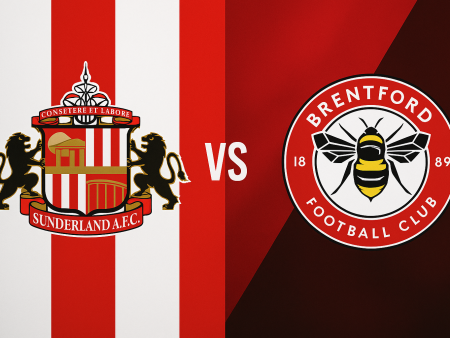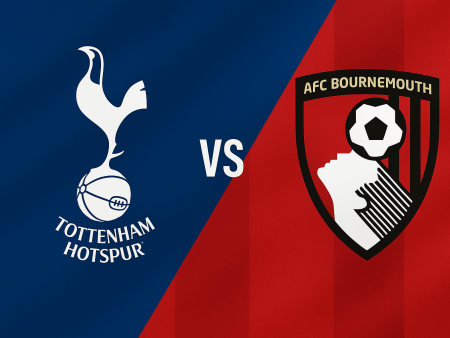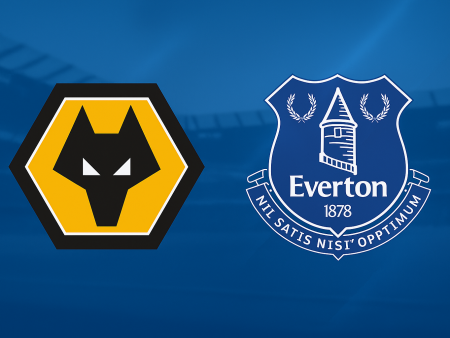Key Differences in Coaching High-Performance versus Recreational Athletes
Coaching principles may seem universal at a glance, but entering the high-performance sports environment reveals several fundamental distinctions from recreational coaching-particularly regarding attention to detail, position specialization, and the complexity of training adaptations. Let’s break down these major areas and offer actionable insights for coaches working in elite-level settings.
Increased Emphasis on Detailed Preparation
At the highest competitive tiers, coaches are tasked with delving far beyond basic sports fundamentals. Their focus expands across what are often called the “five corners” of athlete development:
- Tactical understanding
- Technical skills
- Physical conditioning
- Psychological readiness
- Social dynamics
Coaches at this level tailor tactical strategies for each team based on the unique strengths, weaknesses, and roles of the athletes involved. This stands in stark contrast to more general approaches suited to younger or less experienced players.
The attention given to each of these areas is much more granular. For example, instead of teaching athletes general positioning or effort, high-performance coaches analyze and correct micro-aspects of technique-such as the precise hip angle required for optimal ball striking or the mechanics behind acceleration.
Game-Realistic Training to Build Automatic Responses
A hallmark of elite training is the use of realistic, scenario-based exercises designed to simulate actual game situations. These exercises help athletes build intuitive, fast decision-making-often referred to as developing ‘automatisms’. The goal is to expose athletes repeatedly to the patterns and spatial cues they'll recognize in competitive play, allowing their responses to become instinctive.
For instance, players are placed in settings that mirror live matches to sharpen their ability to read variables like the ball, opposition, teammates, and spacing (often abbreviated as BOTS in coaching). This method accelerates development and enables sharper game intelligence, which is crucial for elite performance.
Deep Dive into Technical and Physical Skills
High-performance environments afford coaches the ability to analyze and refine intricate elements of an athlete’s skillset. Rather than merely teaching a player which part of the foot to use when kicking, sessions can focus on nuanced biomechanics-such as body posture, follow-through, and even mental preparation techniques that support repetition and improvement.
Such focus is appropriate for mature or advanced athletes but can be counterproductive if applied with youth players or beginners. For this reason, coaches are advised to simplify concepts dramatically for children and recreational settings, ensuring foundational understanding precedes advanced complexity.
Avoiding Overcomplication in Recreational Settings
One of the most common errors is treating youth or recreational athletes as though they are elite professionals. When coaching children-especially those in the under-11 age group (and often beyond)-it’s essential to prioritize simplification. Overloading young or inexperienced athletes with technical minutiae tends to overwhelm and impede their development, making it essential to adjust expectations and approach based on age and ability.
Conclusion: Tailoring Your Coaching for Maximum Athlete Growth
In summary, coaching at the elite level demands a meticulous approach, willingness to individualize strategies, and ongoing attention to the smallest performance details. High-performance athletes thrive through detailed tactical plans, advanced technical training, and game-like drills fostering automatic, rapid decision-making.
However, these standards must be adapted for different groups. For younger players and those in recreational contexts, simplicity and foundational learning should always take precedence, with complexity added only as athletes mature and their skillset deepens. This ability to refine your methods according to context is what sets the most effective coaches apart in their profession.













